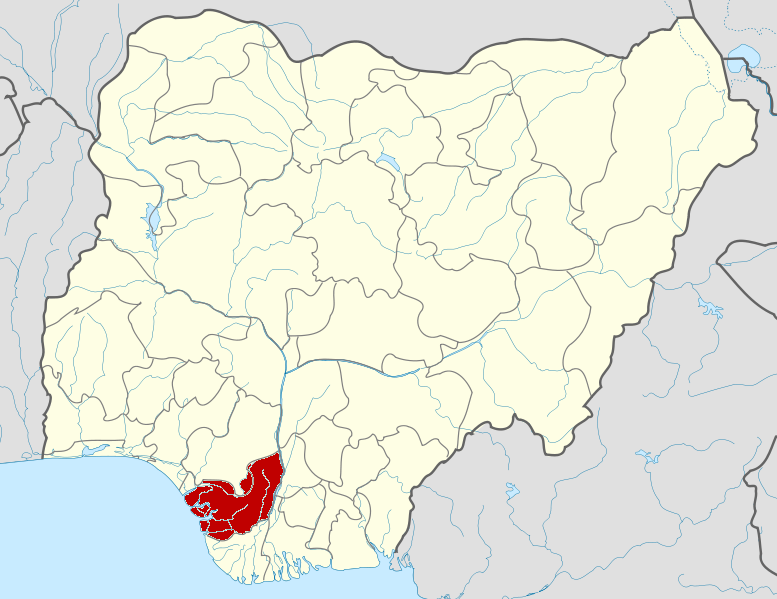African climate activists have called on African leaders to end the use of fossil fuels, a substance that contributes heavily to climate change.
Gathered at the venue of the ongoing United Nations Climate Summit in Dubai, United Arab Emirates, the protesters from Africa and other developing countries called on their leaders to take immediate action to phase out fossil fuels.
“Do not gas Africa,” the activists chanted.
“We want a fossil fuel phase-out. We are not trying to reduce or manage emissions as Africa. We want to avoid them,” says Dean Bhebhe, a Ugandan climate activist leading the chants.
He said his group is at COP28 to demand that gas should not be acknowledged as a transition fuel and for the COP28 president to stop denying climate science, as Africa is already disproportionately affected by the climate crisis. The COP president has strongly denied allegations that he questioned the science behind the use of fossil fuels.
The Uganda activist says Africa should shift to renewable sources of energy. Many of the protesters are also calling for climate justice, arguing that perpetuating fossil fuels fuels inequality and destruction in Africa.
Another climate activist from Kenya, Maria Shikongo, said she is calling for the complete phase-out of fossil fuels because they have brought no development to countries where they are exploited.
READ ALSO: ANALYSIS: Africa and Europe must agree on same shade of green
Scientists say it is impossible to limit global temperature rise to 1.5 degrees Celsius, as called for in the 2015 Paris Agreement, without eventually eliminating the use of fossil fuels.
However, eliminating fossil fuels remains a controversial issue. For instance, Nigeria is one of Africa’s largest oil and gas producers. It argues that gas is essential for Nigeria’s growth and should be exploited as a transition fuel.
Nigeria, which produces an average of 1.4 million barrels of oil and condensates daily, is finalising agreements with European countries, including Germany, to export gas.
Oil was discovered in Nigeria in 1956, shifting its economy from agriculture-drto crude oil-
However, Nigeria does not refine crude oil locally. Over 133 million people, about 63 per cent of the population, live in poverty, according to the country’s Bureau of Statistics.
At the ongoing UN Climate Summit, efforts are being made to phase out the use of fossil fuels.
However, the chances of success are slim due to thousands of lobbyists who have infiltrated the talks and are working hard to prevent the implementation of strong policies against the use of fossil fuels. For certain businesses, the phasing out of fossil fuels would have a significant impact on their profitability.
This story was produced as part of the 2023 Climate Change Media Partnership, a journalism fellowship organized by Internews’ Earth Journalism Network and the Stanley Center for Peace and Security.
Support PREMIUM TIMES’ journalism of integrity and credibility
Good journalism costs a lot of money. Yet only good journalism can ensure the possibility of a good society, an accountable democracy, and a transparent government.
For continued free access to the best investigative journalism in the country we ask you to consider making a modest support to this noble endeavour.
By contributing to PREMIUM TIMES, you are helping to sustain a journalism of relevance and ensuring it remains free and available to all.
Donate
TEXT AD: Call Willie – +2348098788999










